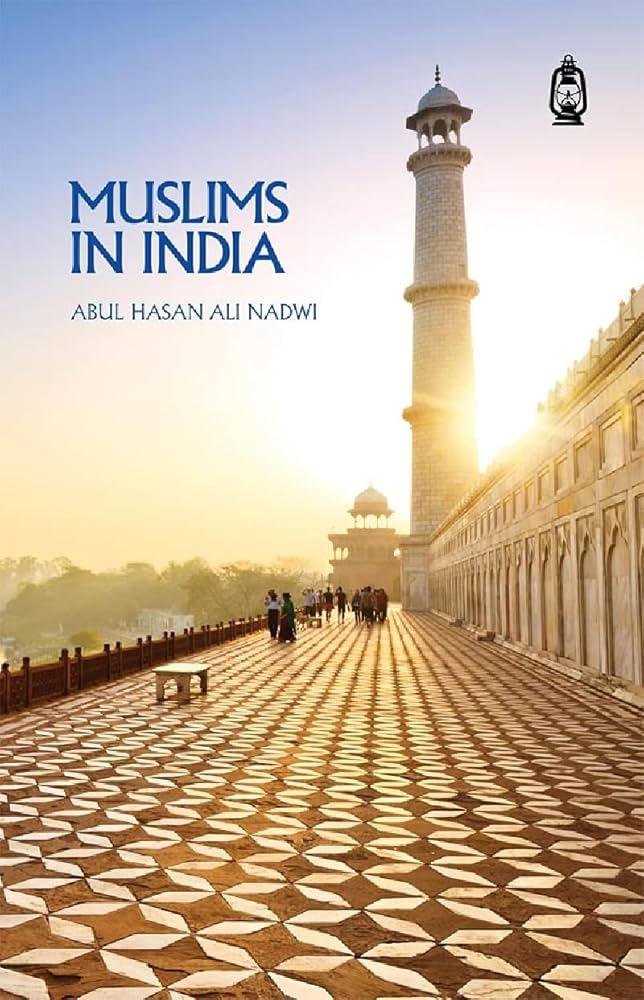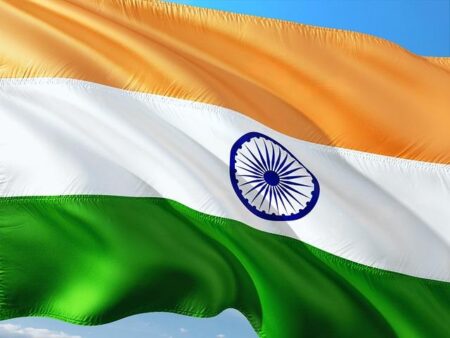In a startling escalation of tensions, several Muslims in India have faced legal action after expressing their devotion by saying “I love Muhammad,” igniting widespread criticism of the government’s handling of religious expression. The crackdown, viewed by many as part of a broader pattern of targeting the country’s Muslim minority, has sparked protests and accusations of religious intolerance. This development raises fresh concerns over freedom of speech and minority rights in a nation grappling with increasing polarization along religious lines.
India’s Muslims Condemn Government’s Suppression of Religious Expression
Widespread outrage has erupted across India following recent reports of individuals being charged for openly expressing their love for the Prophet Muhammad. Legal actions targeting such expressions have intensified concerns over escalating restrictions on religious freedoms, particularly within the country’s Muslim community. Activists and community leaders argue that these measures not only stifle free speech but also deepen communal divisions at a time when social harmony is critically needed.
The crackdown has sparked vocal condemnations and calls for the government to respect constitutional guarantees of religious expression. Key demands include:
- Immediate repeal of repressive charges against peaceful religious expressions
- Protection of minority rights under Indian law
- Independent investigations into alleged abuses of power
To illustrate the impact of these suppressive actions, the following table summarizes recent incidents leading to formal complaints:
| Date | Location | Nature of Expression | Outcome |
|---|---|---|---|
| March 14, 2024 | Lucknow | Posted “I love Muhammad” on social media | Charged under Section 295A |
| April 2, 2024 | Hyderabad | Participated in a peaceful prayer rally | Riot prevention detention |
| April 10, 2024 | Delhi | Distributed religious pamphlets | Confiscation of materials; case pending |
Legal Experts Warn Against Misuse of Laws Targeting Religious Speech
Leading legal scholars have raised alarms over the expanding use of laws originally designed to curb hate speech in India, cautioning against their exploitation to suppress religious expression. They argue that the tendency to penalize even benign declarations such as “I love Muhammad” reflects a troubling trend toward stifling freedom of speech, particularly amongst minority communities. Critics highlight that vague or overly broad statutes can be weaponized to target peaceful religious sentiments, resulting in escalating social tensions and undermining the country’s constitutional commitment to secularism and free expression.
Experts emphasize the need for clear legal frameworks to distinguish between hate speech and genuine religious devotion, advocating for judicial oversight to prevent misuse. The following table outlines the main concerns voiced by legal professionals regarding the application of these laws:
| Concern | Impact |
|---|---|
| Ambiguous legal language | Enables arbitrary prosecution |
| Selective enforcement | Disproportionately affects minorities |
| Chilling effect on speech | Self-censorship increases |
| Lack of judicial checks | Prolonged legal battles |
- Demand for reform: Calls for clearer definitions and scope.
- Community impact: Heightened fear and alienation.
- International attention: Increased scrutiny of India’s human rights record.
Calls Grow for Judicial Intervention and Protection of Freedom of Belief
Amid growing concerns over escalating restrictions on freedom of expression in India, a wave of demands for judicial oversight has surged from civil rights groups, activists, and members of the Muslim community. The recent arrests of individuals merely expressing affection for the Prophet Muhammad have ignited widespread alarm over the misuse of laws to suppress religious speech. Advocates argue that these actions undermine constitutional guarantees and threaten to deepen communal tensions in an already fragile social fabric.
Legal experts emphasize the urgent need for the courts to step in and set clear boundaries protecting freedom of belief and expression. Key demands being voiced include:
- Re-examination of controversial sections of hate speech and defamation laws
- Stricter safeguards against arbitrary arrests linked to religious declarations
- Judicial mandates ensuring impartial investigations and fair trials
- Enhanced protection of minority religious rights under the constitution
| Stakeholder | Primary Concern | Proposed Action |
|---|---|---|
| Civil Rights Groups | Abuse of sedition and hate speech laws | Judicial review and legal reform |
| Muslim Community | Criminalization of religious expression | Protection against unlawful arrests |
| Legal Experts | Ambiguities in current statute interpretations | Clearer guidelines and oversight |
To Wrap It Up
As the debate over freedom of expression intensifies in India, the cases of individuals charged for uttering “I love Muhammad” spotlight growing concerns among the country’s Muslim community about governmental overreach and religious repression. Human rights advocates warn that such actions risk deepening communal tensions and eroding constitutional protections. The unfolding situation remains a critical indicator of India’s broader challenges in balancing security measures with the fundamental rights of its diverse citizenry.




